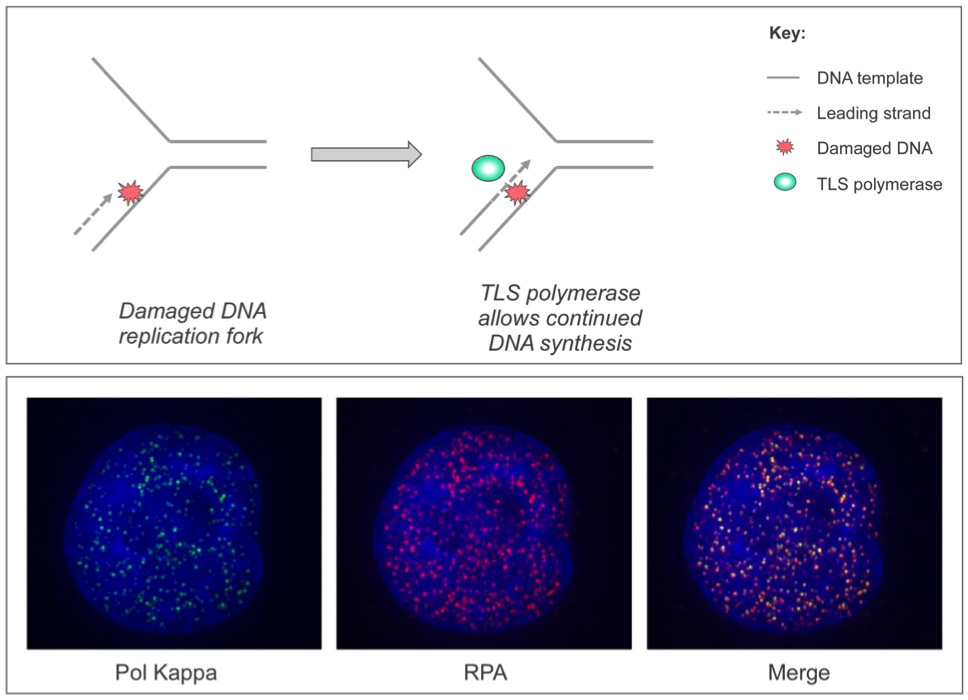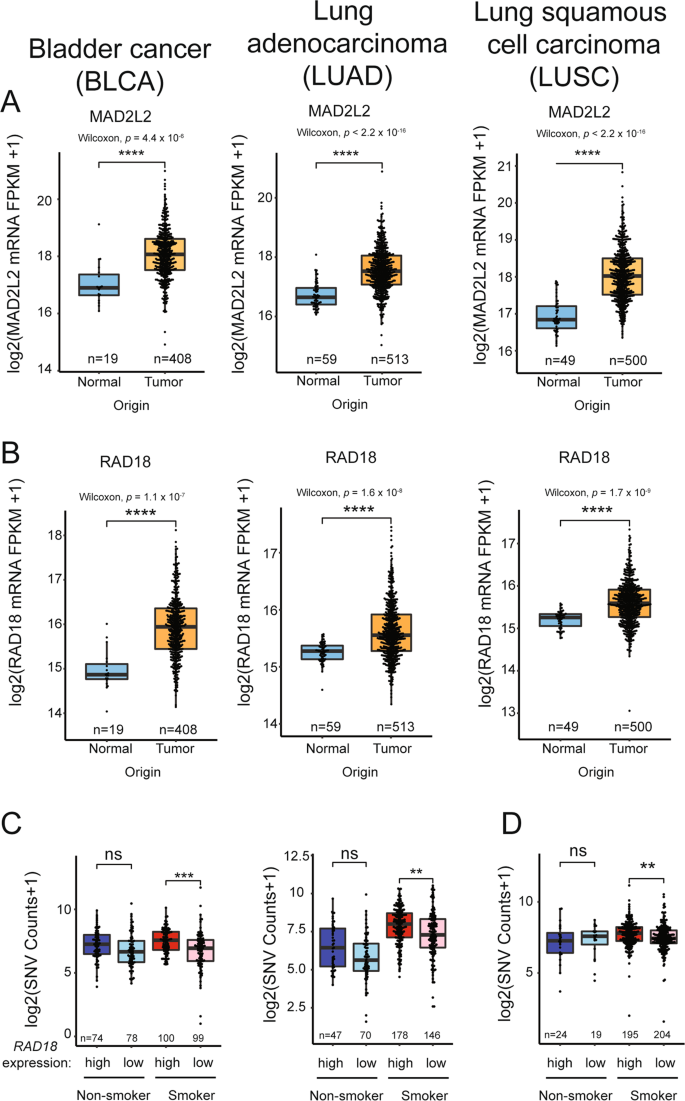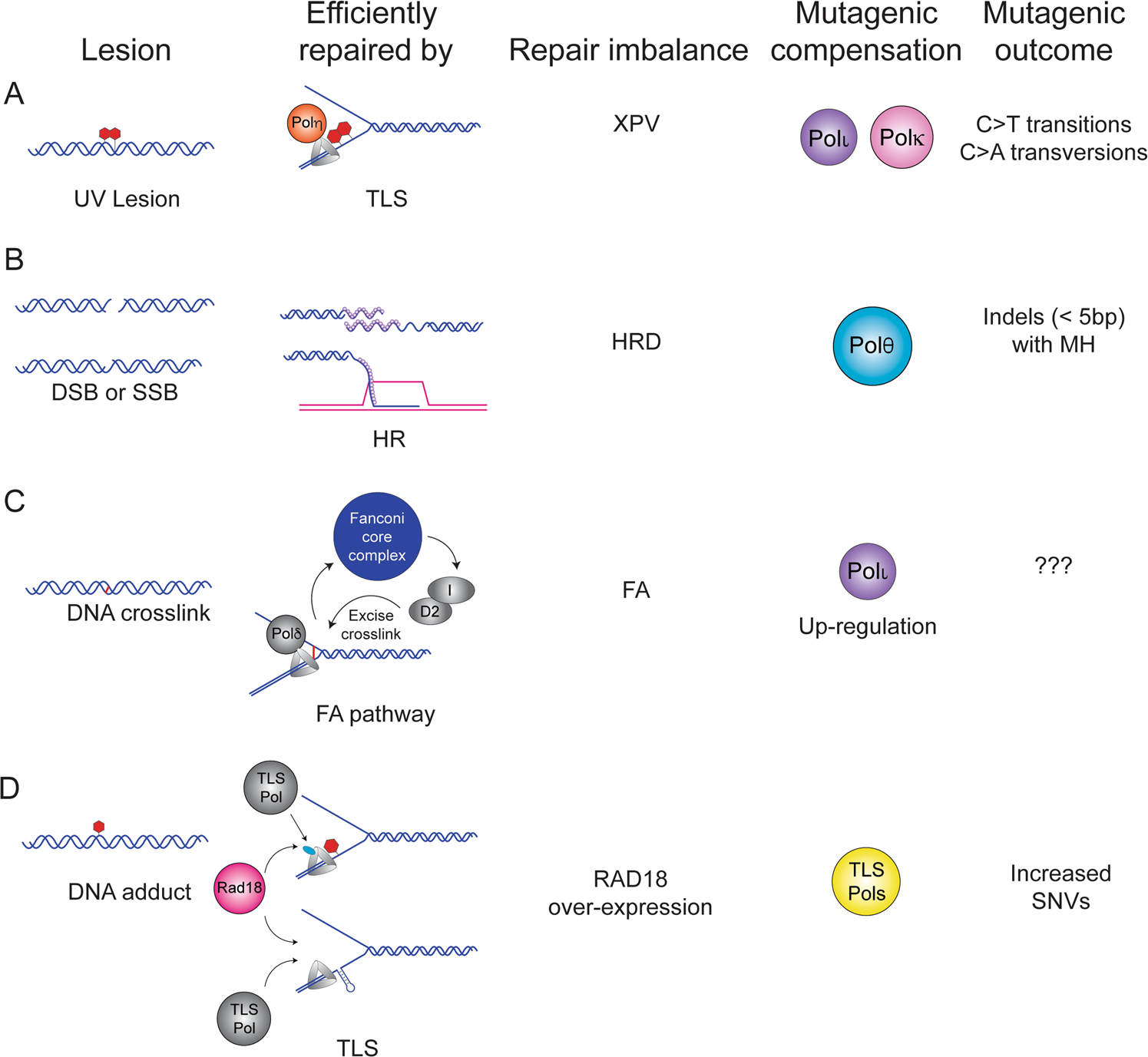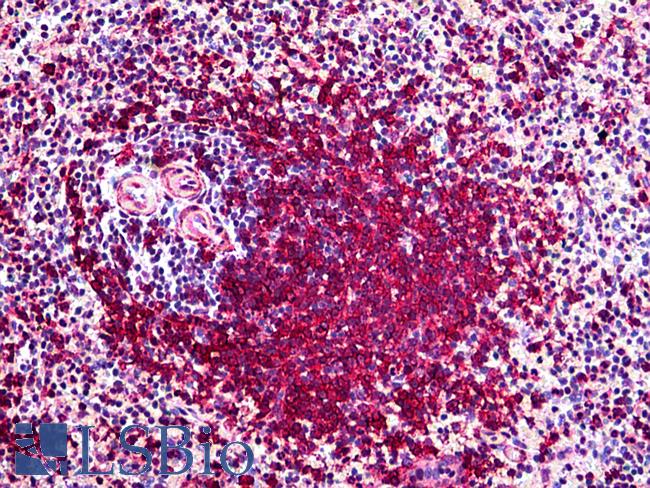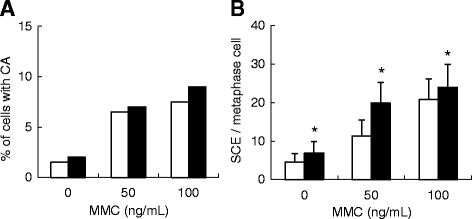
DNA polymerase kappa protects human cells against MMC-induced genotoxicity through error-free translesion DNA synthesis | Genes and Environment | Full Text

DNA polymerase eta: A potential pharmacological target for cancer therapy - Saha - 2021 - Journal of Cellular Physiology - Wiley Online Library

DNA polymerase eta: A potential pharmacological target for cancer therapy - Saha - 2021 - Journal of Cellular Physiology - Wiley Online Library

Cetuximab-Triptolide Conjugate Suppresses the Growth of EGFR-Overexpressing Lung Cancers through Targeting RNA Polymerase II: Molecular Therapy - Oncolytics

DNA polymerase θ up-regulation is associated with poor survival in breast cancer, perturbs DNA replication, and promotes genetic instability | PNAS
![Structural basis of accurate replication beyond a bulky major benzo[a]pyrene adduct by human DNA polymerase kappa - ScienceDirect Structural basis of accurate replication beyond a bulky major benzo[a]pyrene adduct by human DNA polymerase kappa - ScienceDirect](https://ars.els-cdn.com/content/image/1-s2.0-S1568786416303597-fx1.jpg)
Structural basis of accurate replication beyond a bulky major benzo[a]pyrene adduct by human DNA polymerase kappa - ScienceDirect

DNA polymerase eta: A potential pharmacological target for cancer therapy - Saha - 2021 - Journal of Cellular Physiology - Wiley Online Library
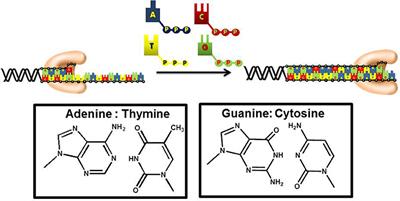
Frontiers | Inhibiting DNA Polymerases as a Therapeutic Intervention against Cancer | Molecular Biosciences

DNA polymerase kappa protects human cells against MMC-induced genotoxicity through error-free translesion DNA synthesis | Genes and Environment | Full Text
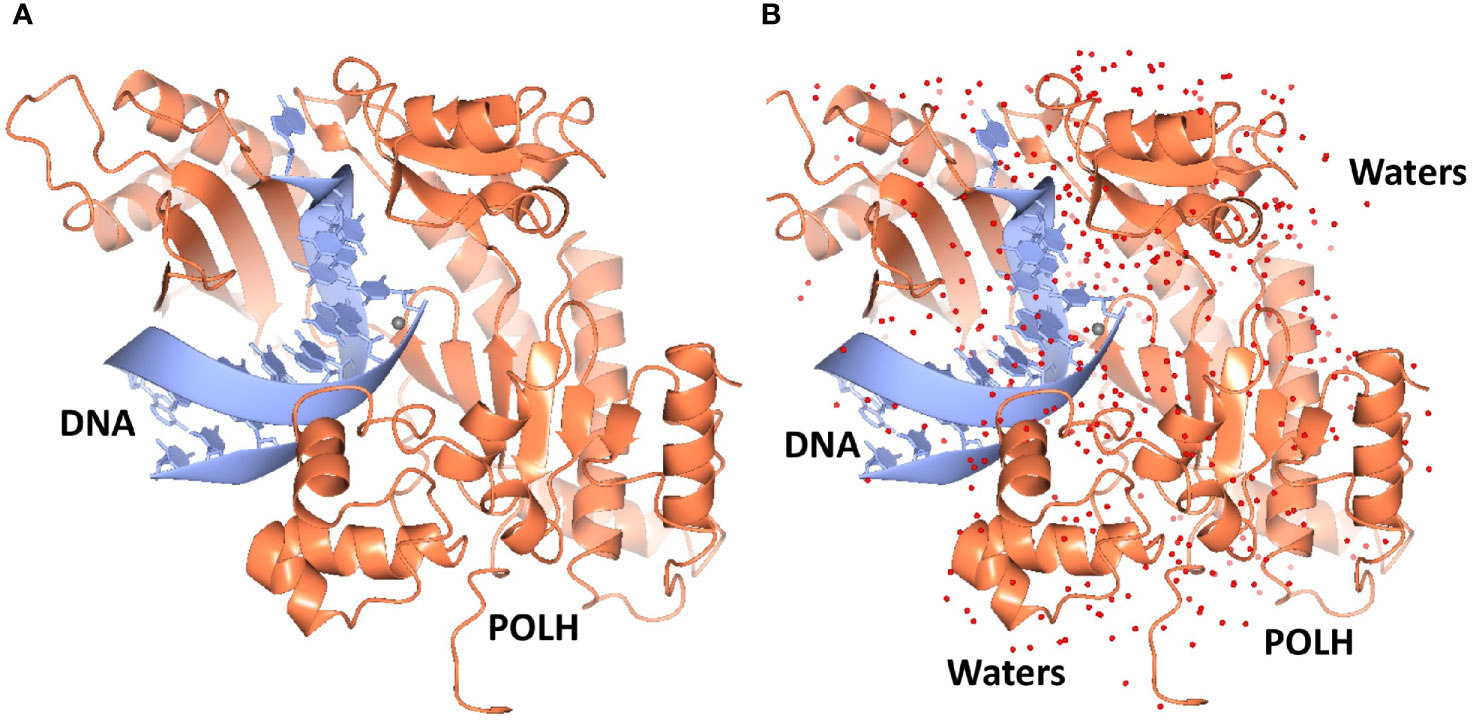
Frontiers | Early Drug Discovery and Development of Novel Cancer Therapeutics Targeting DNA Polymerase Eta (POLH) | Oncology
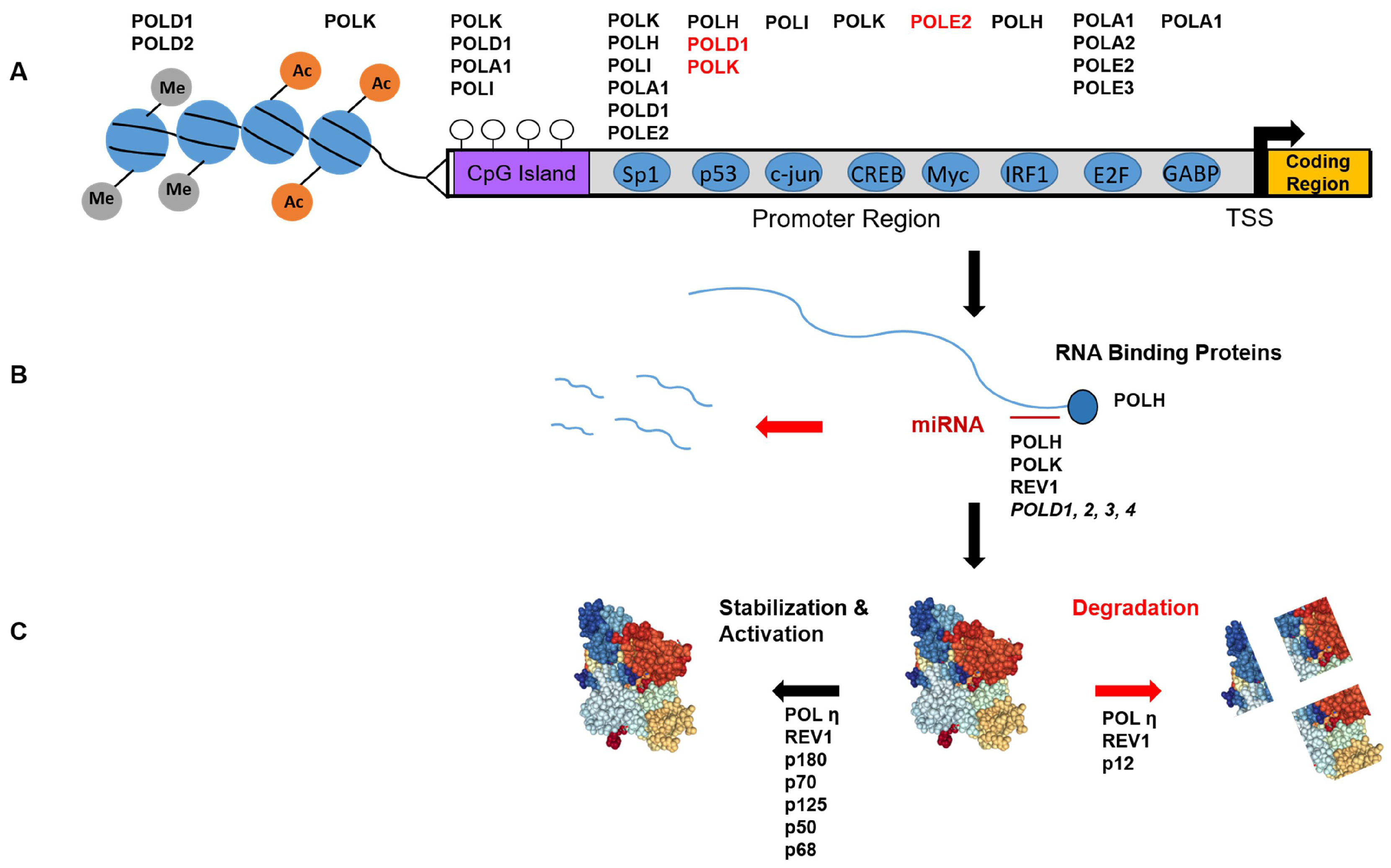
Genes | Free Full-Text | Maintenance of Genome Integrity: How Mammalian Cells Orchestrate Genome Duplication by Coordinating Replicative and Specialized DNA Polymerases | HTML

DNA polymerase eta: A potential pharmacological target for cancer therapy - Saha - 2021 - Journal of Cellular Physiology - Wiley Online Library
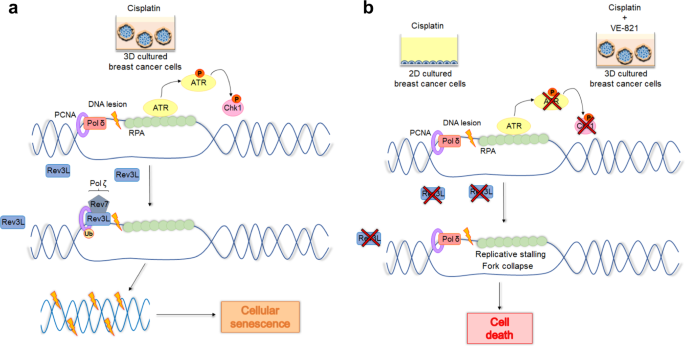
ATR mediates cisplatin resistance in 3D-cultured breast cancer cells via translesion DNA synthesis modulation | Cell Death & Disease

Regulation of the error-prone DNA polymerase Polκ by oncogenic signaling and its contribution to drug resistance

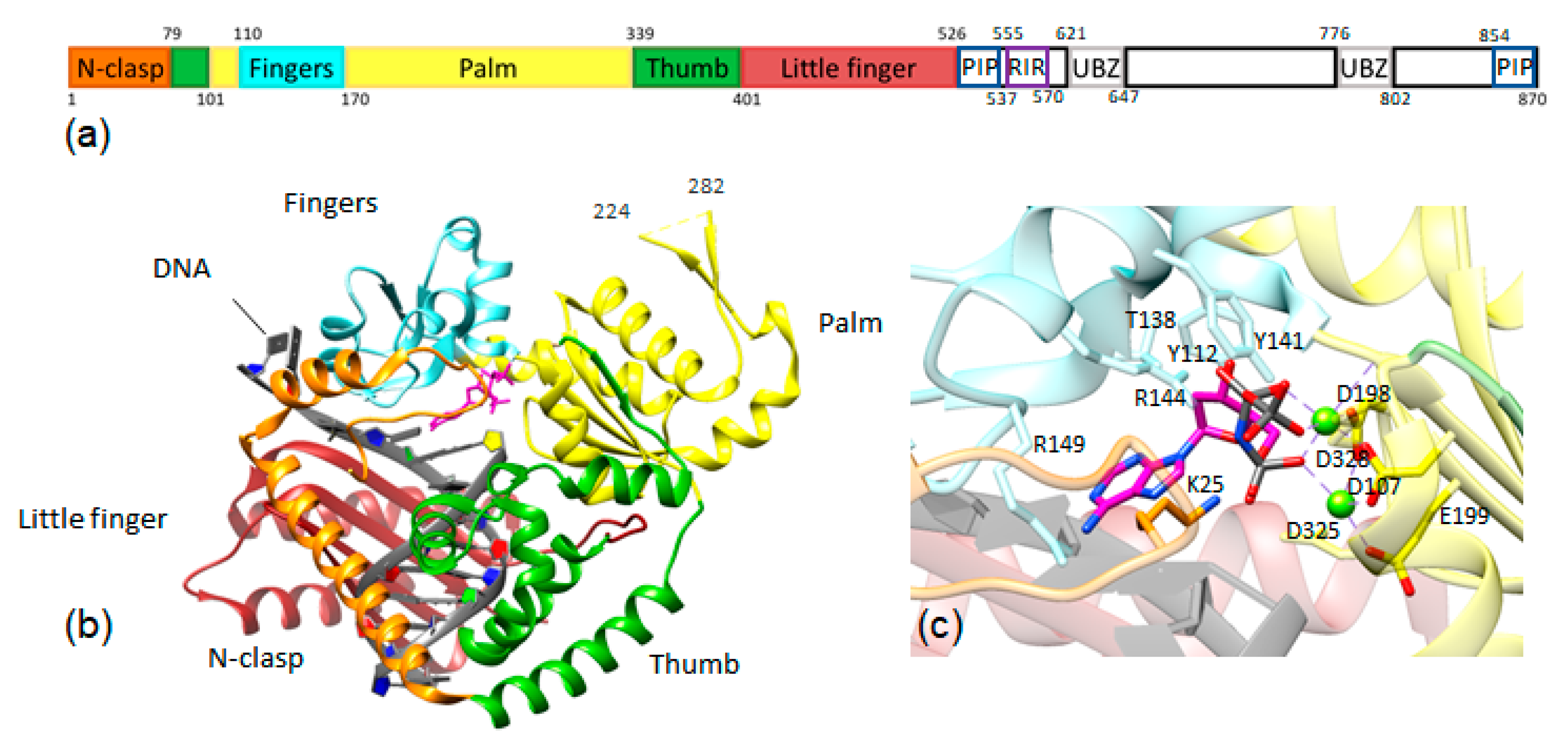
![PDF] Mammalian DNA Polymerase Kappa Activity and Specificity | Semantic Scholar PDF] Mammalian DNA Polymerase Kappa Activity and Specificity | Semantic Scholar](https://d3i71xaburhd42.cloudfront.net/b8e3a90ed2d17229033cb68c855f8761b2d83146/9-Table1-1.png)

